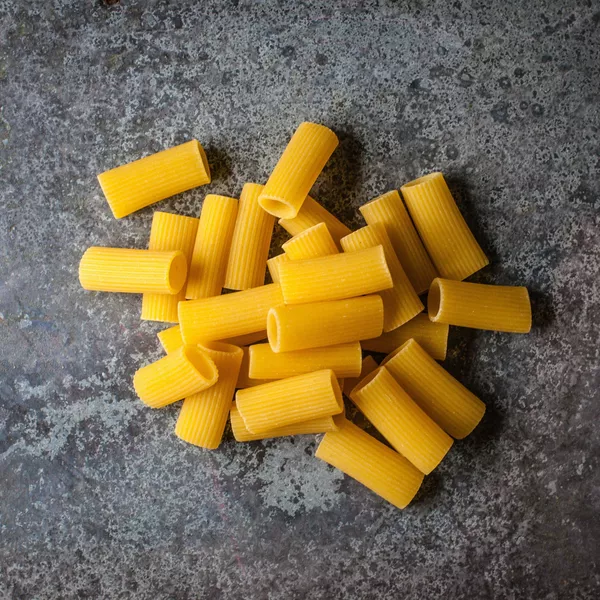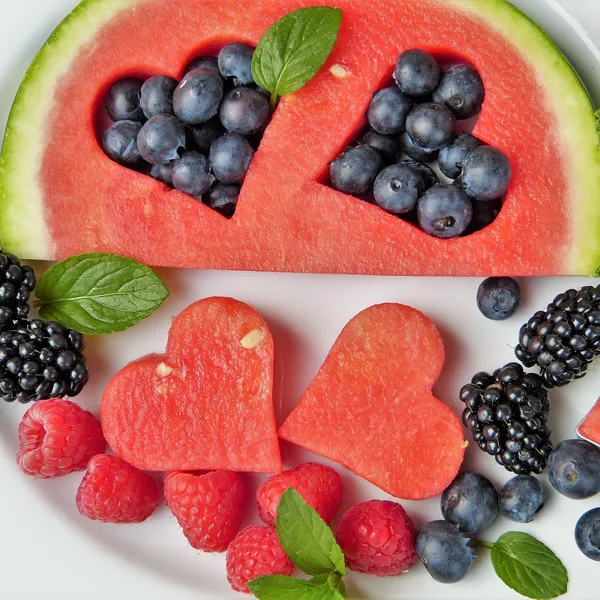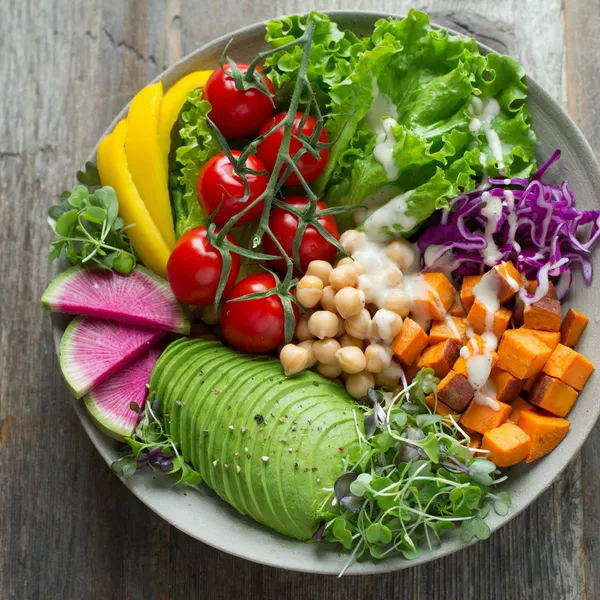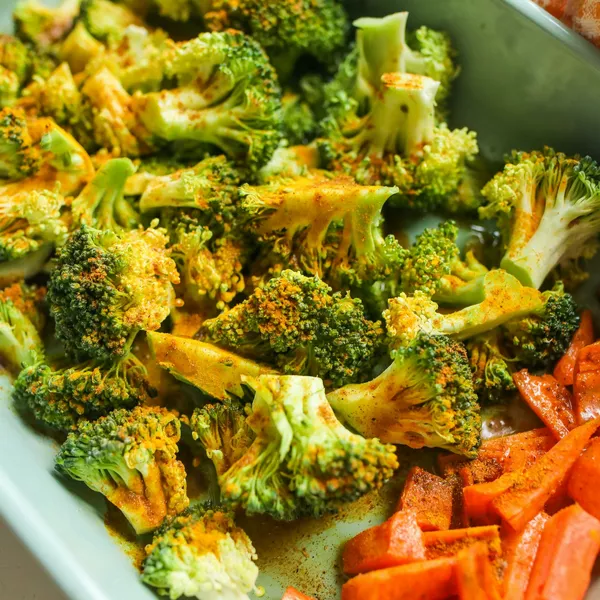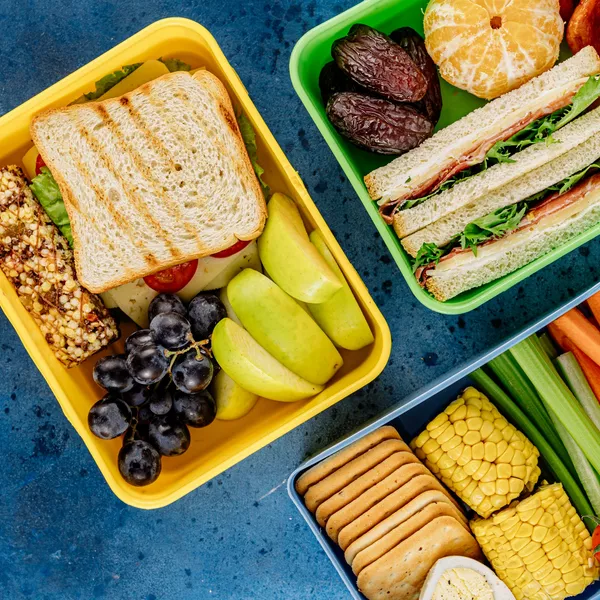A big barrier for many people when it comes to meal planning and shopping for the week is that they might not feel like eating what they planned for Thursday when Thursday finally rolls around.
You may not feel enthused about cooking what’s planned, but here’s the funny thing about our brain – it’s not always being 100 per cent honest with you.
When it gets to 4pm and you feel yourself saying ‘I don’t want to cook’ or ‘I don’t feel like that’, your brain is running through a very well-rehearsed script that pushes you to make a more instantly gratifying choice (like take-out!).
In many cases, we can overcome this script by remembering that every meal doesn’t have to be perfect, or mind-blowingly delicious. The plan might not seem to be what you feel like now, but your past-self picked this meal for a reason. Trust that your past-self has your best interests at heart.
You can also make the process more appealing by breaking down the task into smaller steps. Rather than thinking about making the whole thing, just get the veg out and put them on the bench. Or just chop the meat up and put that in the fridge. You can tackle the next step after that.
Better yet, if you are at home, why not start the cooking process earlier in the day so that by the time 5pm rolls around, you’re already halfway done? You could:
- Grab some meat out of the freezer in the morning at breakfast
- Chop your dinner vegetables when you’re making lunch
- Mix a sauce together when you take an afternoon break
- Measure out your ingredients into little bowls.
